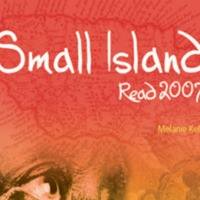
Small Island Read 2007
This community-based mass reading scheme drew together partners from four areas of the UK; Bristol and the South West (Great Reading Adventure), Liverpool and the North West (Liverpool Reads), Hull (Hull Libraries) and Glasgow (Aye Write! Bank of Scotland Book Festival). 50,000 free copies of Andrea Levy’s award-winning novel 'Small Island' were distributed - a story of Jamaican slave descendants arriving in the UK in the 1940s, it addressed resonant themes of identity, racial awareness, forgiveness, ignorance and survival. There was also an accompanying reader's guide. Younger audiences took part by reading Benjamin Zephaniah’s 'Refugee Boy', or Mary Hoffman’s 'Amazing Grace'. Activity packs inspired discussion of historic and contemporary issues addressed in the texts. Featured are some of the responses of pupils from Parson Street Primary School, Bristol, to 'Refugee Boy'.
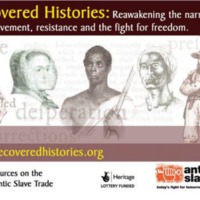
Recovered Histories
In the Recovered Histories online resource, Anti-Slavery International digitised and made accessible for the first time a collection of over 800 pamphlets dating from the 18th and 19th centuries relating to the transatlantic slave trade. The resource captured the narratives of the enslaved, the enslavers, slave ship surgeons, abolitionists, parliamentarians, clergy, planters and rebels. An accompanying touring historical exhibition and an education pack featured testimonies and pictures from Africans subjected to slavery, those participating in the enslavement and those who fought against it. An outreach and resources programme included a series of free regional seminars in April and May 2008, which encouraged dialogue about the transatlantic slave trade and its legacies by bringing together a wide range of groups and organisations who worked on these issues. The workshops were held in Bristol, Edinburgh, Leeds, London and Manchester. A series of short stories were published, inspired by the Recovered Histories resource.
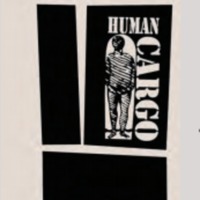
Human Cargo: The Transatlantic Slave Trade, its Abolition and Contemporary Legacies in Plymouth and Devon
Human Cargo was a partnership project between Plymouth City Museum and Art Gallery, and the Royal Albert Memorial Museum, Exeter. The project consisted of two main components. The first was a historical exhibition, which explored the development of the transatlantic slave trade and, in particular, the role of Plymouth as a port, the involvement of the City's dignitaries and the South West's links with the abolition movement. The second part was a contemporary art response to modern forms of slavery and historical legacies, including the flower picking trade, sweatshop labour and the Fair Trade Movement. This work was newly commissioned and included audio visual pieces, installations, hand-printed wallpaper and participatory objects. A variety of events and activities took place alongside the exhibition including education workshops, performances, African music and storytelling activities, and Elizabethan House re-enactment sessions.
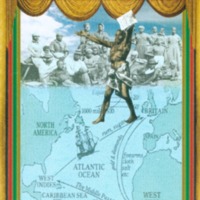
Leeds Bicentenary Transformation Project
This collaborative community initiative celebrated African and Caribbean culture in Leeds, with a focus on commemorating the Abolition Act by 'highlighting African achievement, liberation and aspirations'. New exhibitions, publications and resources were produced and over 100 bicentenary events organised under different themes: Education and Museums; Arts and Carnival Culture; Churches and Abolition; Legacy; Black History and Community Development; Media and Communications. Highlights included the photographic exhibition and pamphlet 'From Abolition to Commonwealth', which remembered indentured labour in Africa and the Caribbean after 1807, and the 40th anniversary of Leeds West Indian Carnival, with themes that highlighted heritage, liberation, respect and freedom. Project outputs included an education pack, black history classes, concerts, church services, lectures and performances.
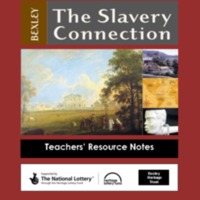
Bexley: The Slavery Connection
The 'Slavery Connection' project researched Bexley’s links with the transatlantic slave trade through the London borough's residents and buildings. The exhibition, which included objects from Bexley Museum, aimed to raise the level of understanding in local communities about the history of the slave trade, by highlighting numerous local connections - such as Danson House, once home to the sugar merchant and slave trader Sir John Boyd, while archives of the East Wickham estate reveal evidence of a West African coachman called Scipio. Over a two year period, the travelling exhibition was displayed at 14 sites, including local African Caribbean groups, youth centres, libraries and churches. The launch event at the Bexley African Caribbean Community Association was accompanied by displays of African dancing, drumming and drama. An educational handling box and teachers’ pack were created for use in local schools.